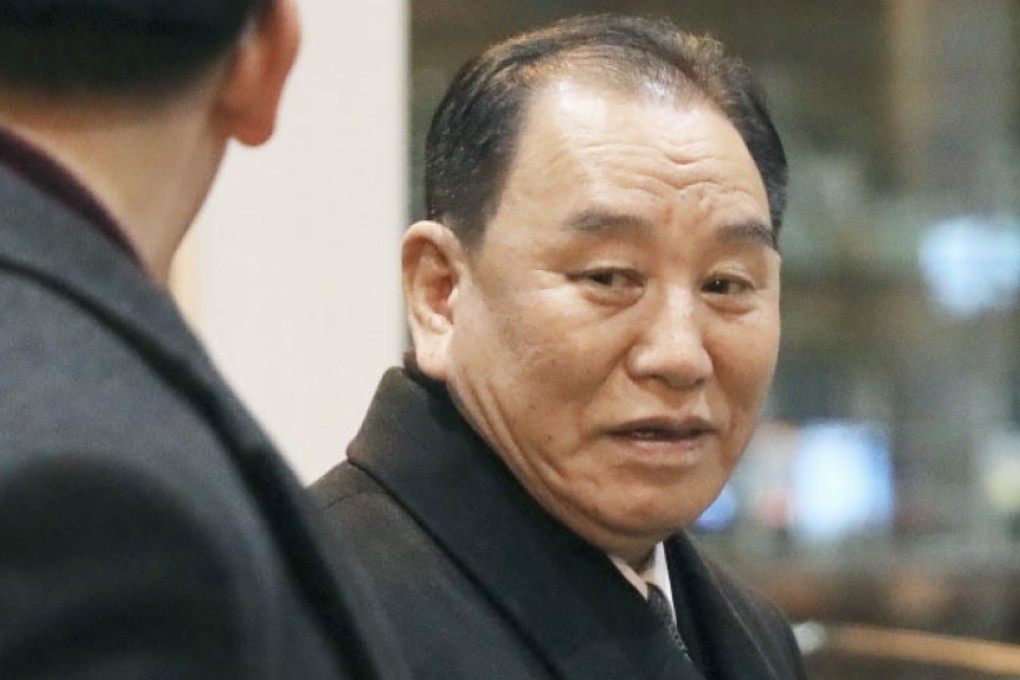Kim Jong-un’s closest aide in Washington to discuss second summit
- Kim Yong-chol is the first North Korean dignitary in nearly two decades known to have spent the night in the US capital

A top North Korean general was paying a rare visit Friday to the US, where he is expected to meet President Donald Trump to finalise a new summit aimed at denuclearisation and easing decades of hostility.
Kim Yong-chol, a right-hand man to leader Kim Jong-un, is the first North Korean dignitary in nearly two decades known to have spent the night in the US capital, little more than a year after Trump was threatening to wipe the totalitarian state off the map.
Under light snow, Kim and his entourage were seen exiting a motorcade and without comment entering a fashionable hotel in the lively Dupont Circle neighbourhood, where he is expected to meet Friday with Secretary of State Mike Pompeo.
A US source, who could not be identified as the schedule has not been announced, said Pompeo would invite Kim to an early lunch before the two likely head together to the White House, a short drive away.
Neither side has publicly announced the visit, with the US treading cautiously after Kim Yong-chol abruptly cancelled his last planned talks with Pompeo which were set for early November in New York.
But Trump has voiced optimism after receiving what he called a warm New Year’s letter from Kim Jong-un and has opined that the two leaders are “in love”.